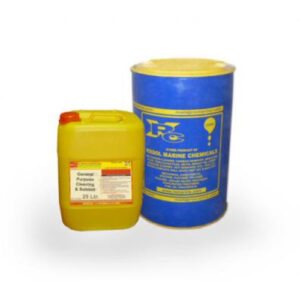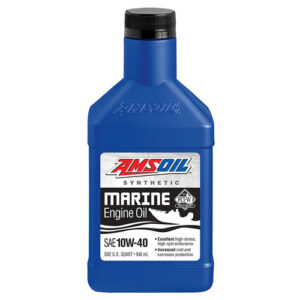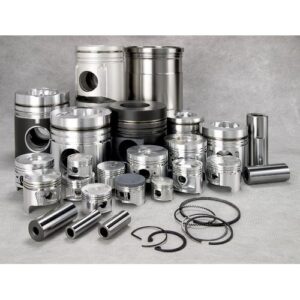Key Features of Marine Grease
1. Design and Structure of Grease
Marine grease have a thick, water-resistant structure that clings to metal surfaces even under heavy loads or washout conditions. Their smooth consistency allows for easy application while maintaining uniform coverage across moving parts.
2. Marine Grease Material
Manufacturers blend mineral or synthetic base oils with thickening agents such as lithium, calcium sulfonate, or aluminum complexes. Additives like anti-wear, anti-rust, and extreme pressure enhancers boost performance in marine environments.
3. Lifting Capacity of Grease
While not used for lifting, greases play a critical role in maintaining equipment that handles loads—such as cranes, winches, and davits. They reduce friction, allowing mechanical systems to operate smoothly under stress without failure.
4. Installation and Integration of Marine Grease
Technicians apply marine greases manually or through grease guns, automatic lubricators, or centralized lubrication systems. These products integrate into routine maintenance schedules and suit both above-deck and engine room applications.
5. Safety and Control of Grease
Formulations are designed to be non-toxic and environmentally safe when required. Their high melting points prevent dripping, while the tacky texture ensures stable performance and minimizes lubricant migration during operation.
6. Durability and Maintenance of Marine Grease
Marine greases offer long-lasting protection against rust, saltwater, and chemical exposure. With extended service intervals, they reduce the frequency of reapplication and limit wear-related downtime in high-friction components.
7. Versatility
Used across vessel bearings, shafts, couplings, rudder posts, and open gears, marine greases support a wide variety of applications. Their adaptability makes them essential on commercial ships, offshore rigs, fishing vessels, and pleasure boats.
8. Compliance and Standards
All products meet IMO and ISO standards for marine lubrication and environmental safety. Many greases also comply with NSF standards for incidental food contact or biodegradable applications, depending on vessel type and region.






